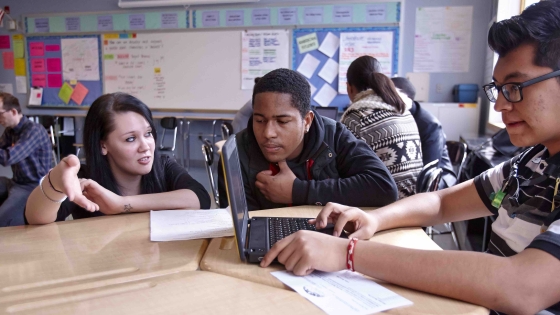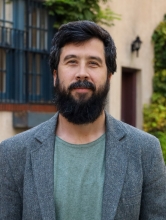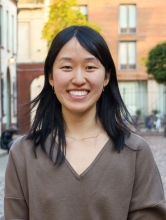About the NYC Partnership for Math Equity
Systemic inequities in education have created enduring disparities in academic experiences and outcomes, particularly in mathematics. These disparities are especially evident during middle school—a crucial period for developing positive mathematical identities. In New York City and many other districts, Black and Latinx students are enrolled in 8th-grade algebra at much lower rates than their White and Asian peers. Past research has highlighted how barriers, such as limited access to grade-level content and insufficient culturally responsive teaching, not only hinder academic achievement but also diminish students’ sense of belonging and engagement in math classrooms.
The NYC Partnership for Math Equity brings together New York City Public Schools, NYU’s Metro Center, the Research Alliance for New York City Schools, and Amplify, to tackle these challenges. The initiative is exploring how supplemental digital math tools can enhance students' conceptual understanding, engagement, collaboration, and joy in learning math. By focusing on culturally responsive practices and equitable access to grade-level content, the partnership aims to foster meaningful change in middle school mathematics education.
About the Study
Using a mixed-methods approach, the project is investigating the use of Amplify Desmos Math supplemental digital math lessons to support culturally responsive teaching and positive mathematics identities. It also examines the role of professional learning experiences in improving lesson implementation and fostering equitable access to grade-level content, particularly for Black, Latinx, and low-income students. Specifically, the study seeks to answer:
- How do teachers make use of the Amplify Desmos Math supplemental lessons with students?
- How do teachers use the supplemental lessons in culturally responsive and sustaining ways and in ways that meaningfully engage with students’ home languages?
- Does supplemental lesson participation support students’ positive mathematics identity, sense of belonging in math class, engagement with mathematics, collaboration and joy? If so, how?
- Does use of the supplemental lessons support students’ access to grade-level math and grade-level achievement? If so, how and to what degree and with which students?
- Do Professional Learning Experiences help teachers make better use of the supplemental lessons (e.g., frequency of use, use of varied lesson and activity formats, use of collaborative tools, use of strategies to facilitate meaningful classroom dialogue)? Why and under what conditions?
This work is supported through a grant from the Gates Foundation.





